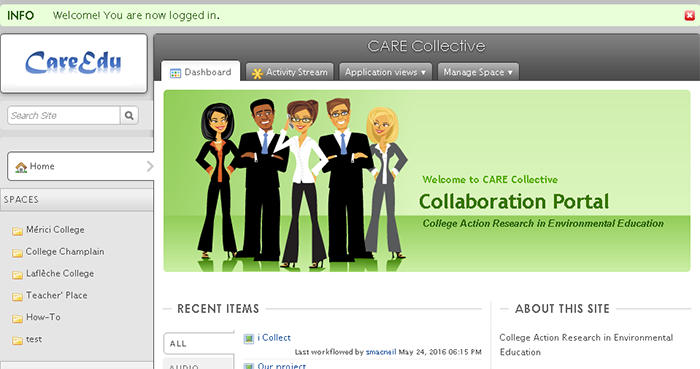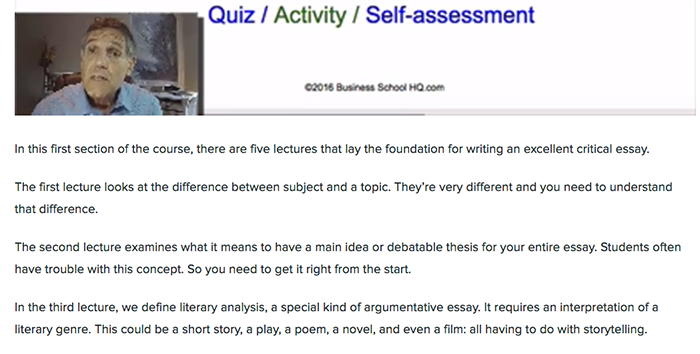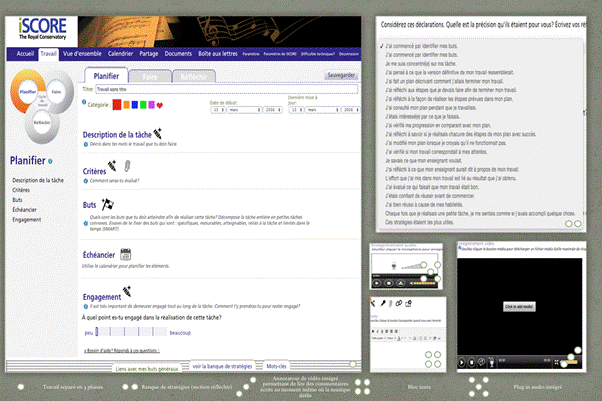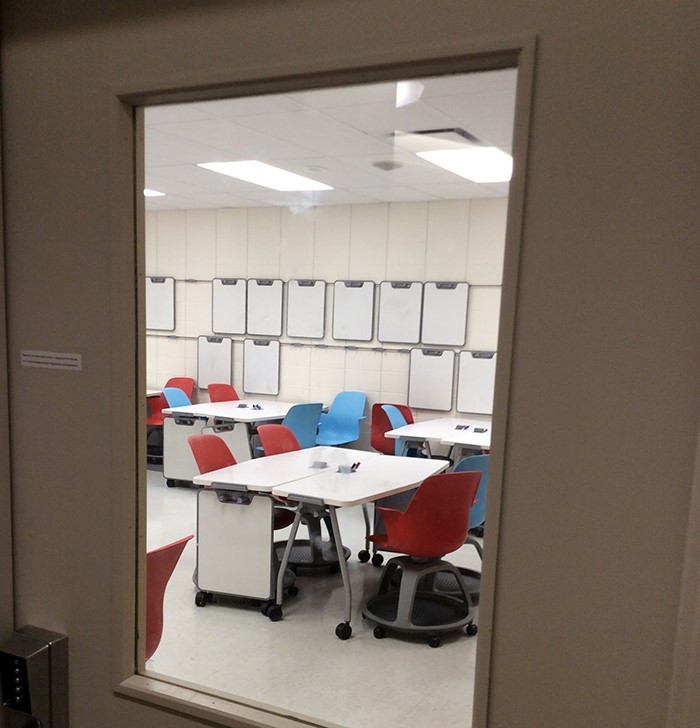Articles and Real Life Stories to Read (or Read Again) before the Winter Semester Begins
It is not always easy to find the time, in the middle of the semester, to read all of the new articles from Profweb attentively and to integrate new practices inspired by your colleagues in the college network. I am therefore suggesting that you take a second look at 6 publications put online during the second half of the fall semester 2016.
2 Ideas to Guide Students through Addressing Social Issues!
Broadening the horizons of our students does not just mean their academic knowledge, but can also include issues that exist in the world around them. Finding creative and engaging ways in which to do this are the focus of two Real Life Stories that were published during the fall semester.
- Using Action Research to Create an Inter-collegial Student Learning Community (Gina Lavine, Collège Laflèche and Susan MacNeil, Collège Mérici)
Gina Lavine and Susan MacNeil developed a combined project between their 2 colleges. Using the concept of action research students proceeded to research various issues, from local poverty to the water bottle waste problem, and to create action projects to do their part in making a difference. The final results of these projects were not only shared with their classmates, but with students from 8 classes and 3 different institutions. Using the collaboration tool Cyn.in, all of the involved teachers were able to share the action research projects and students could interact with one another, expanding their knowledge about local and international issues.

The dashboard for the college action research collaborative project, named CareEdu, on the Cyn.in platform.
- Useful Games to Solve Serious Problems (Melissa Philippe, Université Laval)
Melissa Philippe explores the notions of using serious games to educate people about serious world problems. Research has been carried out that supports this theory, and in her article, Melissa highlights several examples that are used in developing countries. These games are focused on children, knowing that children can have a very important and positive impact on their families, which promotes change. Gaming does not have to be about violence or used just for entertainment, as we can learn about from games called: Disaster Watch, Sneaky Snake, Citizen Ship, and World without Oil.

Three serious games addressing (from left to right) preparing for a disaster, social justice, and being a good citizen.
A Few Ideas of How to Add Videos to Your Pedagogical Approach
Whether you wish to add blended learning to your teaching practice or you are looking for a new way to integrate student self-assessment, the following 3 articles will inspire you to make a New Year’s Resolution to try using videos in 2017!
- Capacity and the Desire to Learn: The Impact of Videos in Teaching (Catherine Rhéaume, Profweb)
This article is a great place to start. After attending a presentation at the AQPC in June 2016, Catherine summarizes what she learned from Jean-Raphaël Carrier in the workshop entitled: “Capacity and the Desire to Learn: The Impact of Videos in Teaching”. This article will give you examples of how to use videos for various aspects of teaching. Such as:
- A demonstration tool
- For problem solving
- For summarizing information
Jean-Raphaël explains the merits of making your own videos as well as using those that already exist.
An example of using an existing video to provide students with additional ways of learning concepts.
- A Virtual Teaching Assistant in the Blended Classroom (Frank Bonkowski, Cégep de Saint-Laurent)
Frank Bonkowski takes the leap to creating an online course, as a solution to wanting to “create a more lively learning experience for both my students and myself”. His Real Life Story explains the journey he took to the creation of his first online course and the variety of elements he integrated into the course, using Teachable.com. This platform allows him to integrate videos for lectures and lessons, quizzes, self-assessment tools, and other activities. Not to mention the clear display of the course plan layout, which is appreciated by students.

The platform Teachable.com allows the teacher to integrate various teaching tools into an online course.
- iScore: An ePortfolio in Music for the Benefit of Students! (Nathalie De Grâce, Cégep de Sherbrooke)
What better way for a music teacher to track and provide feedback on student practice time, outside of class, than a platform that allows students to record themselves (audio or video) and to share their progress with their teacher! iScore does just that. In this Real Life Story Nathalie explains how she came about using iScore to build student autonomy and improve communication with her students. She also suggests that it could be used for other purposes, not just music… any ideas to come to mind?

iScore helps students plan their practice time by breaking down what they have to do, why they are doing it, and when they will do it.
Some Food for Thought for 2017
- Champlain Saint Lambert’s Fall Ped Day: The Future of CEGEP Education Is in Good Hands (Profweb Editorial Team)
Teachers at Champlain Saint Lambert were treated to a Ped Day filled with information and inspiration. The Profweb Editorial Team walks you through the various topics and workshops presented at the Ped Day and I would like to draw your attention to some subjects that will impact all of us in 2017.
A guest speaker, Gilbert Héroux, gave a presentation entitled: “For Accessible, Inclusive, and Innovative Colleges”. He made reference to the Demers Report of 2014, which includes elements that can be found in the direction given to the (suggested) Council of Colleges:
- Ensure accessibility to college students from a perspective of success and inclusion.
- Ensure the viability of the educational offering throughout Quebec.
- Strengthen the ability of colleges to implement programs of study.
Part of the solution for the future resides in the accelerated development of information technologies and the proliferation of communication networks.
A second important presentation was given by Geneviève Rock, CSL’s Coordinator of RAC Services (Recognition of Acquired Competencies) presented a workshop entitled “Extending Official Recognition of Competencies to Everyone: A Worldwide Movement”. She stressed that with the influx of people arriving from other countries, the desire to make learning more flexible and recognize individual learning efforts with digital badging or certificates, the prior learning and recognition field will likely gain even more importance in the next decade.

Many of the workshops were held in the Experimental Teaching Lab (Photo courtesy of Champlain Saint Lambert).
To further your inspiration for the New Year, I invite you to consult the 6 publications that Andréanne Turgeon selected in the French Edition of Profweb. You will find information regarding 17-video musts to share with students, helpful tools for teaching, such as G Suite for Education, and for the more audacious, two robot-inspired articles – a Lego Robot and the microcomputer Raspberry Pi.
Have a great semester & Happy New Year!

